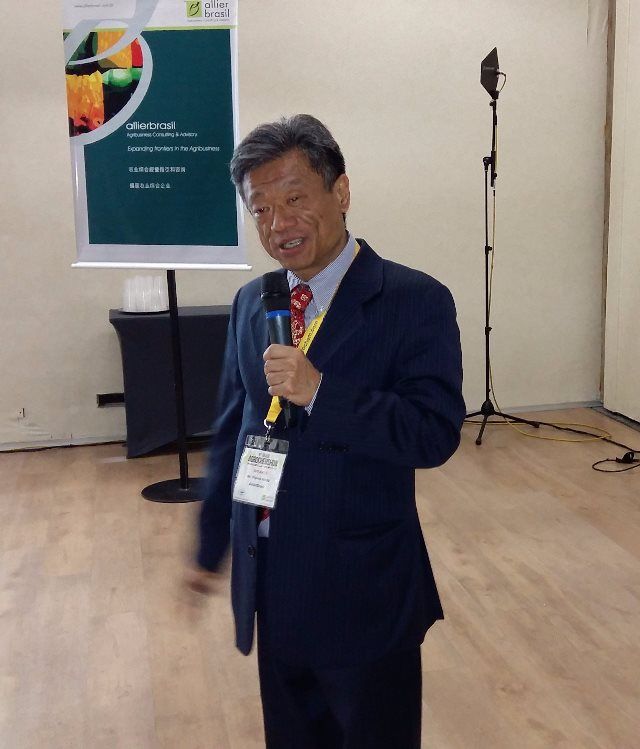The announcement of Bayer's purchase of Monsanto shook agribusiness around the world, sparking questions about possible repercussions on the market. In the opinion of specialist Flávio Hirata, from Consultoria Allier Brasil, “there is a very great synergy between the companies. It’s like hunger and the desire to eat: all you have to do is add one company to another.”
“Bayer basically has agrochemical products, this is the business it seeks to develop. Monsanto, on the other hand, only has one agrochemical product, which is glyphosate, and its strength is biotechnology: seeds, where it is number one. Bayer does not have glyphosate – no one has a similar product – with the same effectiveness, the same price and the same competitiveness as glyphosate”, he explains.
An agronomist engineer who has worked in the agrochemicals market for many years, Hirata explains that there will be a natural concentration in the supply of inputs: “These consolidations end up resulting in the total verticalization of the chain links. From the supply of technical products to seeds. They have the source of the raw material, that is, the technical product, they have records, they have distribution, they have credit and now they have seeds”.
 “Although they do not have 'overlaping', or an overlapping product line, this resulting company will concentrate more strength in the market. Farmers will become more dependent on these companies. Because before he bought seeds from one, glyphosate from another, and chemicals he could choose between several options. Now, as it becomes vertical, the options decrease”, he observes.
“Although they do not have 'overlaping', or an overlapping product line, this resulting company will concentrate more strength in the market. Farmers will become more dependent on these companies. Because before he bought seeds from one, glyphosate from another, and chemicals he could choose between several options. Now, as it becomes vertical, the options decrease”, he observes.
According to the expert, a positive factor is the supply of credit: “These companies have and give credit, they leverage producers. So it's good in a way. However, on the other hand, the farmer will take credit from those who have it to offer – and those who have it are these big companies”.
Asked about any possible impact on consumer prices, Hirata explains that, in Brazil, the price is closely linked to the Dollar. “Companies lowered their prices in Dollars, because the agro market has not been easy in the last three years. Although the sector is emerging in the Brazilian economy, it is not easy, because in several regions there have been problems with crop failures. So there are many large producers in the process of judicial recovery. I can't say what prices will be like in five, ten years. But if the Dollar remains stable, the tendency is to maintain or increase prices, because competition is still very little. As competition increases, with more product registrations, prices tend to fall. If there is one company, it is one price, if there are 20 companies, prices tend to fall”, he concludes.
Source: Agrolink












